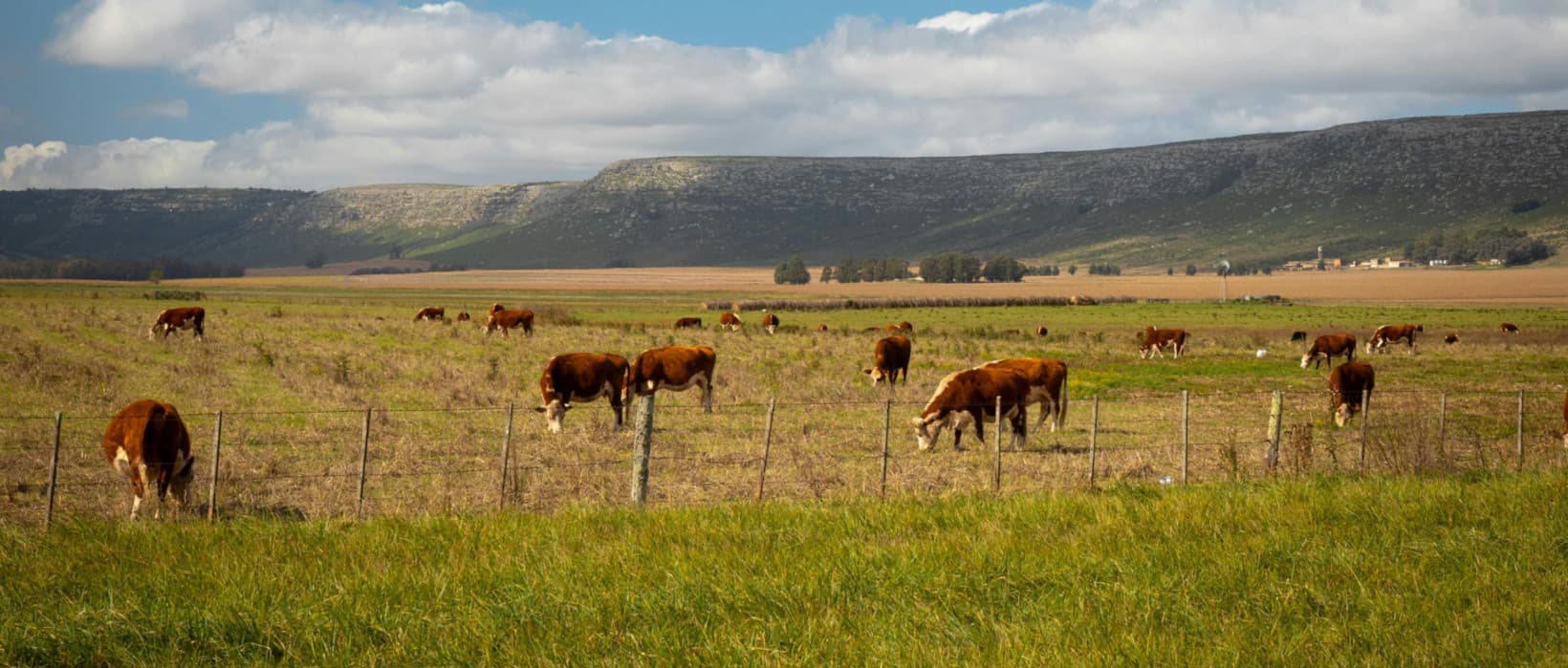Focus Groups outcomes on “which practices”

The insights from the first European Carbon Farming Summit and the feedback received during the Public Consultation stage are key parts of the work currently being carried out within the 11 Focus Groups of Project Credible, with the second Summit on the horizon. The experts are now refining their recommendations on the best strategies to scale up robust climate actions, through engagement with stakeholders, assessment of methodologies, debates, collaborations, and the expansion of the Credible network.
The key outcomes of the Focus Groups in WP1 (“Practical knowledge and fit-for-region blueprint for carbon scheme development”) are the following:
How to identify and promote best carbon farming practices
One of the key challenges in the promotion of carbon farming is that different land uses, soil properties and climatic conditions make it difficult to identify and promote farming practices that work well in all contexts. Instead, focusing on farming system change, rather than individual practices, might simplify this challenge and generate higher carbon sequestration rates. Robust methodologies are needed, yet allowing the flexibility required to adapt the driving principles to the specific local conditions.
Supporting positive synergies between carbon farming, food production and biodiversity
Carbon farming must be evaluated within the framework of environmental services, including soil health, biodiversity and food production. Building-up soil organic carbon reduces drought losses and yield fluctuation over time, thus reinforcing economic resilience and global farm profitability. In this sense, there is a need for qualified advice and support for farmers and to tailor practices at the local scale, building up the future with farmers and not for them. When successful, carbon farming practices.
Developing fit-for-region carbon farming approaches
To be successful, carbon farming schemes need to adequately complement a strong central public sector role, both at national and EU-level, with the local and regional dimensions. The development of Living Labs is a promising yet neglected strategy to engage different stakeholders and attract private sector interest, that can also increase trust and understanding on viable governance mechanisms.